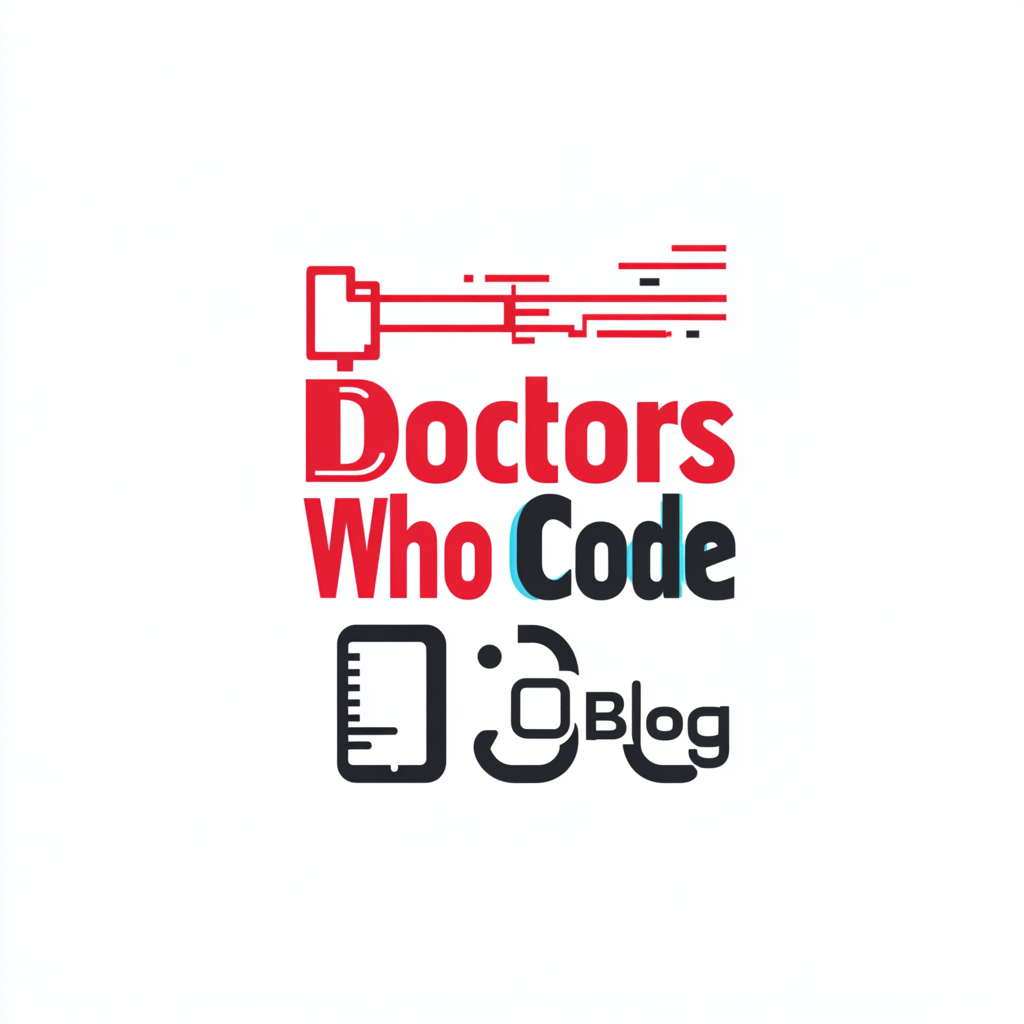“AI said it was fine, then a human died.”
That’s the headline that sticks — dramatic, chilling, and meant to slam the brakes on any optimism about AI in medicine. But here’s the truth: fear-driven narratives, while gripping, obscure the very real progress AI is already making in healthcare.
At Doctors Who Code, we live in the tension between medicine and technology every day. We see both the risks and the promise. And while caution is warranted, painting AI as a ticking time bomb misleads patients, disempowers clinicians, and ultimately slows innovation that could save lives.
Let’s break it down.
1. The “Illusion of Expertise” — Or the Illusion of Absolutism?
The article argues that AI sounds too confident, lulling patients into false security. Fair point. But here’s the catch: patients have always turned to “confident” sources outside of their doctors — Dr. Google, social media forums, health influencers. AI isn’t introducing a new danger; it’s refining the signal from the noise.
With proper disclaimers, regulatory oversight, and clinician involvement, AI outputs can be calibrated to communicate uncertainty — something already being addressed in current research. The problem isn’t the illusion of expertise; it’s the illusion that humans don’t also overstep their expertise.
2. “Medicine Isn’t Fast” — But Triage Sometimes Must Be
Differential diagnosis takes time, labs, and nuance. Absolutely. But in real life, patients often can’t access a doctor quickly. Waiting weeks for an appointment is its own danger.
Here, AI can serve as an intermediate triage layer — flagging red-flag symptoms for urgent attention, guiding safe self-care when appropriate, and pointing patients away from dangerous misinformation. In other words, AI doesn’t replace differential diagnosis; it accelerates access to it.
3. Real Stories, Real Dangers — But Real Successes Too
Yes, tragic anecdotes exist — a young man in Iraq self-medicating on an AI suggestion. But for balance, where is the acknowledgment of success stories, like the parent who used ChatGPT to uncover her child’s rare condition after repeated misdiagnoses?
Anecdotes prove neither safety nor danger universally. What they do show is misuse without guardrails is risky — which is precisely why we need responsible deployment, not fear-mongering.
4. “Worse Than Google” — Or Better When Supervised?
The critique that AI gives one answer while Google gives many is actually an argument for better system design, not abandonment. Imagine AI tools tuned to deliver differential diagnoses, risk stratification scores, and confidence intervals — tools doctors are already experimenting with.
Done right, AI can make medicine less of a “choose-your-own-adventure” Google rabbit hole, and more of a structured, safer pathway.
5. “AI Isn’t Just a Medical Problem” — Exactly, And That’s Why It Matters
The article broadens the scope to horses, diets, and random advice. But that misses the point: healthcare is one of the best-regulated industries in the world. Unlike horse forums, AI in medicine won’t — and shouldn’t — live in a Wild West forever. Oversight bodies (FDA, EMA, WHO) are already stepping in.
That’s the distinction. Healthcare AI is moving toward evidence, peer review, and clinical trials — not unchecked guesswork.
The Real Caveats (Because We’re Not Blind)
At Doctors Who Code, we’re not AI evangelists blind to the risks. Here’s what we’ll admit — and insist on:
- Self-diagnosis is dangerous. AI should never be positioned as a replacement for a doctor.
- Bias and hallucination remain unsolved problems. Clinical validation is non-negotiable.
- Data privacy is sacred. Patients must know where their health data goes, who owns it, and how it’s used.
- Human-AI collaboration is the only safe model. AI assists; clinicians decide.
Final Word: A Stronger Future Requires Stronger Framing
We agree with one line in the original article: “AI is a tool, like a scalpel. In the right hands, it saves lives.”
But here’s where we differ: the solution isn’t to tell patients “don’t touch it.” The solution is to put AI into the right hands — clinicians, caregivers, and patients empowered with oversight, education, and transparency.
Because the real danger isn’t AI. It’s letting fear prevent us from building the future of medicine responsibly.
👉 At Doctors Who Code, we’ll keep coding that future — with both caution and conviction.
Chuck

